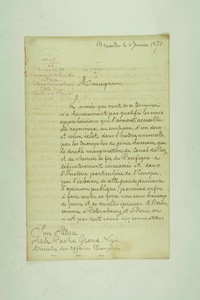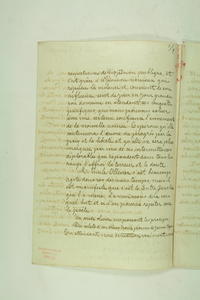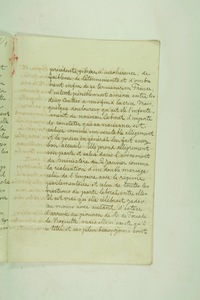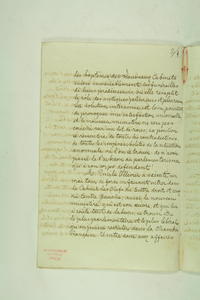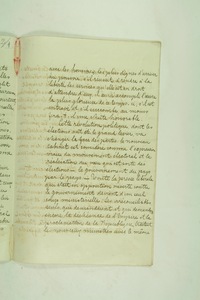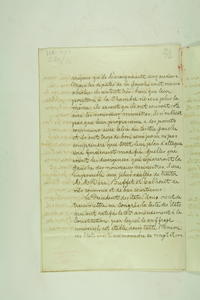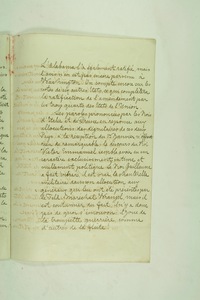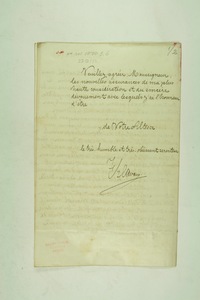Ottoman Diplomats
Letters from the Imperial Legation in Brussels (1849–1914)
Synopsis
Années 69-70. Changement de Ministère en France. Suffrage universel aux Etats-Unis. Allocutions du 1er Janvier.
Looking back to the European events of the past year, Glavany evaluates 1869 quite positively, especially because of the development of the public opinion – however not without violent ordeals – in Prussia, Russia and France. Glavany hopes that the progress of the public opinion would continue through peace and liberty. In France, the understanding between the two centre parties (left and right) had put an end to the crisis. Yet, the creation of the new government (led by Emile Ollivier) had been difficult. Glavany considers the new French government to be a double marriage: one between the Empire and the parliamentary regime, and one between all the different fractions of the liberal party. Glavany praises Ollivier’s hard work in creating the new government, combining centre left and centre right leaders. According to Glavany it was the most parliamentary and liberal solution possible in the French parliament. It would change the face of the parties, as the new government was seen as the expression of the electoral changes, and common ground could be found between the left-wing MPs and the government. In the United States, twenty-one states had already ratified the fifteenth amendment, introducing universal suffrage in the entire Union. Six other states still had to give their vote. Glavany also reports about the reaction of the Prussian king (William) and the Italian king (Victor Emmanuel) to the speeches of their dignitaries, but states that there was nothing remarkable about them. King William’s references to war were nothing out of the ordinary, and did not worry Glavany.
Facsimiles
How to cite
If you use this website for your own research, we kindly ask you to mention the following reference in your publications:
Consulted online at Ottoman Diplomats: Letters From the Imperial Legation in Brussels (1849–1914) (2014 Edition), Centre for Political History (PoHis), University of Antwerp, <http://dighum.uantwerpen.be/ottomandiplomats/>.
